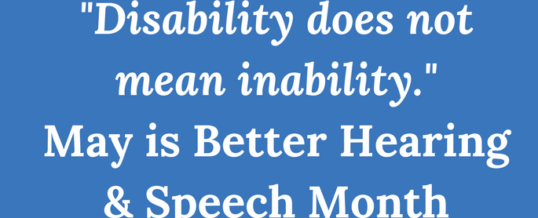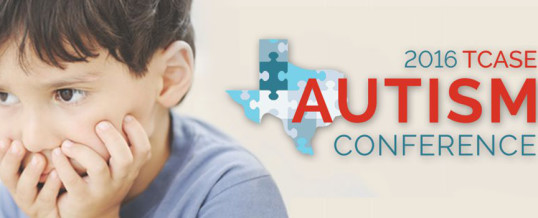By Kerry Magro, Self-Advocate, National Speaker, and Author
When we think of the impact of Autism Awareness Month in April, we sometimes forget May’s Better Hearing & Speech Month (BHSM) that had an impact on those with Autism Spectrum Disorders. Organizations have spearhead efforts to start a conversation for those with these communication challenges.
This month has a special connection to me as I was diagnosed with autism at four. Being in special education settings, I was often in classes with students with a wide range of speech, language and hearing disorders. Our supports were very challenging in our public school setting due to limited funding going to special education. Until 4th grade, before moving to an out of district school for those with learning disabilities, we only had one special education class ranging of students from the ages of 6-14. I often think about how this month could have truly benefited me as a student but also our educators. It’s the same way that I never knew about Autism Awareness Month in April as a child because it was never introduced to me or my classmates.
MAY



